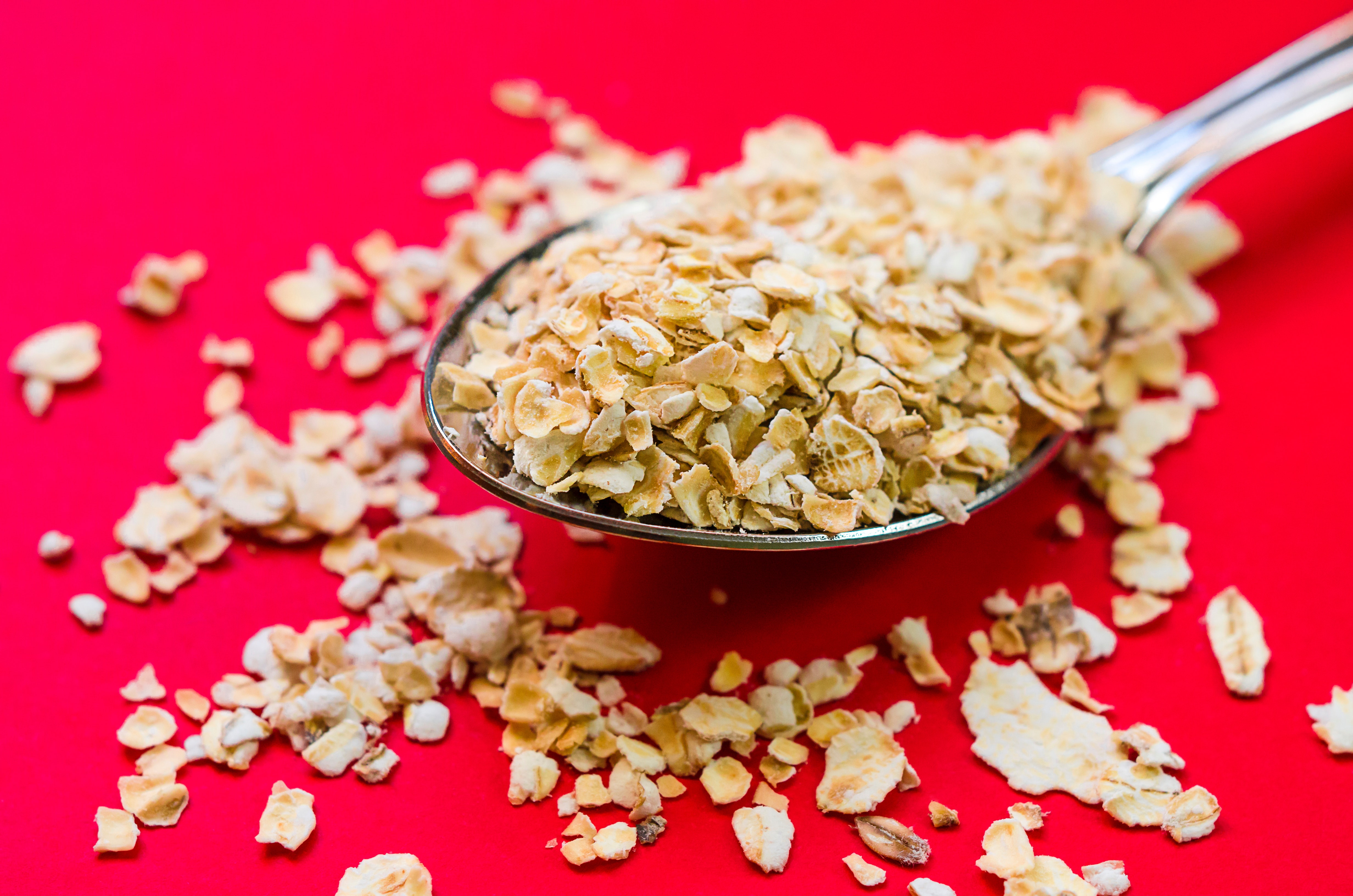Transparency is extremely important to us, so we are letting you know that we may receive a commission on some of links you click on from this page. See our disclaimer.
As the importance of nutrition — and nutritionists — becomes more widely known, particularly for well-run workplace wellness programs, one area of attention often is the inclusion of fiber in the diet.
We've noted that the U.S. FDA recently implemented its compliance date for its menu labeling final rule. One aspect of the rule: “Businesses must also provide, upon request, the following written nutrition information for standard menu items: total calories; total fat; saturated fat; trans fat; cholesterol; sodium; total carbohydrates; sugars; fiber; and protein.”
We also previously ran important insights from the Breast Cancer Research Foundation: A study by BCRF investigator Walter Willett and colleagues at Harvard T.H. Chan School of Public Health that high fiber intake early in life may lower the risk of future breast cancer. The results of the study showed that those women with the highest intake of total fiber (20 grams or more a day) during adolescence and early adulthood had a 24 percent decreased risk of pre-menopausal breast cancer. Each 10 gram/day increase in fiber intake (equivalent to one apple or two slices of whole wheat bread) during early adulthood was associated with a 13 percent decrease in breast cancer overall.
Now MedPage Today reports: “Fiber is important in every diet, but a recent study shows that it can be even more essential for individuals with type 2 diabetes.”
The study, published in Science, is titled “Gut bacteria selectively promoted by dietary fibers alleviate type 2 diabetes.”
The authors found that “adopting a high-fiber diet promoted the growth of SCFA-producing organisms in diabetic humans. The high-fiber diet induced changes in the entire gut microbe community and correlated with elevated levels of glucagon-like peptide-1, a decline in acetylated hemoglobin levels, and improved blood-glucose regulation.
According to MedPage, “Gabriel I. Uwaifo, MD, FACP, FACE senior clinical research scientist and endocrinologist, Ochsner Diabetes and Weight Management Clinical Research Institute in southeast Louisiana noted that this study is one of many when it comes to fiber and diabetes.”
Uwaifo told MedPage: “The results of this study simply add to an already fairly large body of study information regarding the adjunctive role of fiber supplementation in the care of patients with both prediabetes and established diabetes.”




0 Comments